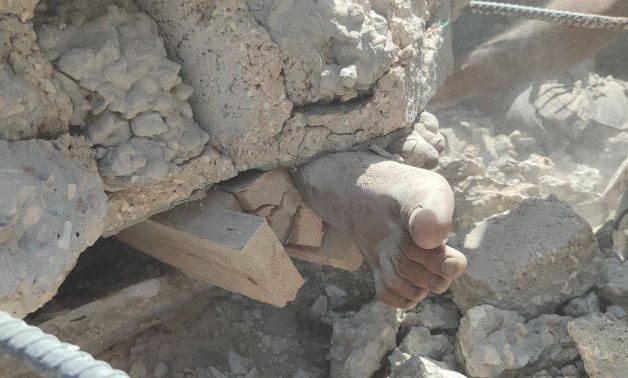The term genocide evokes images of humanity’s darkest chapters—from the Holocaust to Rwanda, Srebrenica to Darfur. But beyond its emotional weight and historical significance, genocide has a precise and powerful legal definition under international law, designed to hold perpetrators accountable for the gravest of crimes.
The word itself was coined in 1944 by Polish-Jewish lawyer Raphael Lemkin, combining the Greek genos (race or tribe) and the Latin -cide (killing). It became enshrined in international law with the adoption of the Convention on the Prevention and Punishment of the Crime of Genocide (Genocide Convention) by the United Nations in 1948.
Under Article II of the Genocide Convention, genocide is defined as:
“Any of the following acts committed with intent to destroy, in whole or in part, a national, ethnical, racial or religious group, as such:”
- Killing members of the group
- Causing serious bodily or mental harm to members of the group
- Deliberately inflicting conditions of life calculated to bring about its physical destruction
- Imposing measures intended to prevent births within the group
- Forcibly transferring children of the group to another group
Legal experts emphasize that intent—known as dolus specialis—is critical. It is not enough that mass killings or atrocities occur; prosecutors must prove a deliberate plan to annihilate a protected group.
Genocide differs from other international crimes such as crimes against humanity or war crimes in that it specifically targets the destruction of a group based on identity, rather than military or political objectives alone.
Since the Convention’s adoption, genocide has been prosecuted in international courts, including the International Criminal Tribunal for Rwanda (ICTR) and the International Criminal Tribunal for the former Yugoslavia (ICTY), and more recently at the International Criminal Court (ICC).
However, allegations of genocide remain politically and legally sensitive. Accusations often carry significant geopolitical consequences, as seen in ongoing debates around conflicts in Myanmar, Ethiopia’s Tigray region, and Xinjiang, China.
Despite its legal codification, critics argue that global enforcement remains inconsistent. “We have the tools, but often lack the political will,” says Professor Leila Sadat, a leading international criminal law expert.
The Genocide Convention obligates nations not just to punish genocide, but to prevent it—an obligation that continues to challenge the international community as it confronts evolving patterns of mass violence in the 21st century.
As history continues to unfold, understanding the legal framework of genocide is more than academic—it is a critical tool in the fight against impunity and in the defence of human dignity worldwide.
